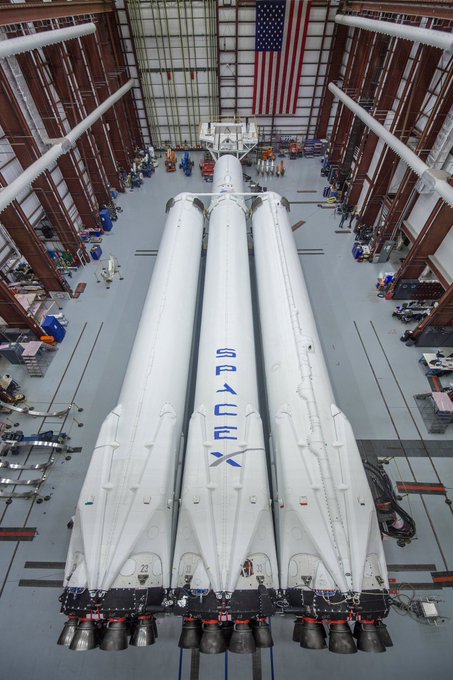SpaceX military payload might have been lost
Anonymous sources are suggesting that the top secret government payload that SpaceX successfully placed in orbit two days ago might have been lost.
Very little is presently known. Statements from SpaceX suggest that its Falcon 9 rocket worked perfectly, which would suggest the problems occurred after second stage separation. However, one source seems to suggest otherwise.
Until I get more information, I am therefore still counting this launch as a success for SpaceX.
Anonymous sources are suggesting that the top secret government payload that SpaceX successfully placed in orbit two days ago might have been lost.
Very little is presently known. Statements from SpaceX suggest that its Falcon 9 rocket worked perfectly, which would suggest the problems occurred after second stage separation. However, one source seems to suggest otherwise.
Until I get more information, I am therefore still counting this launch as a success for SpaceX.



